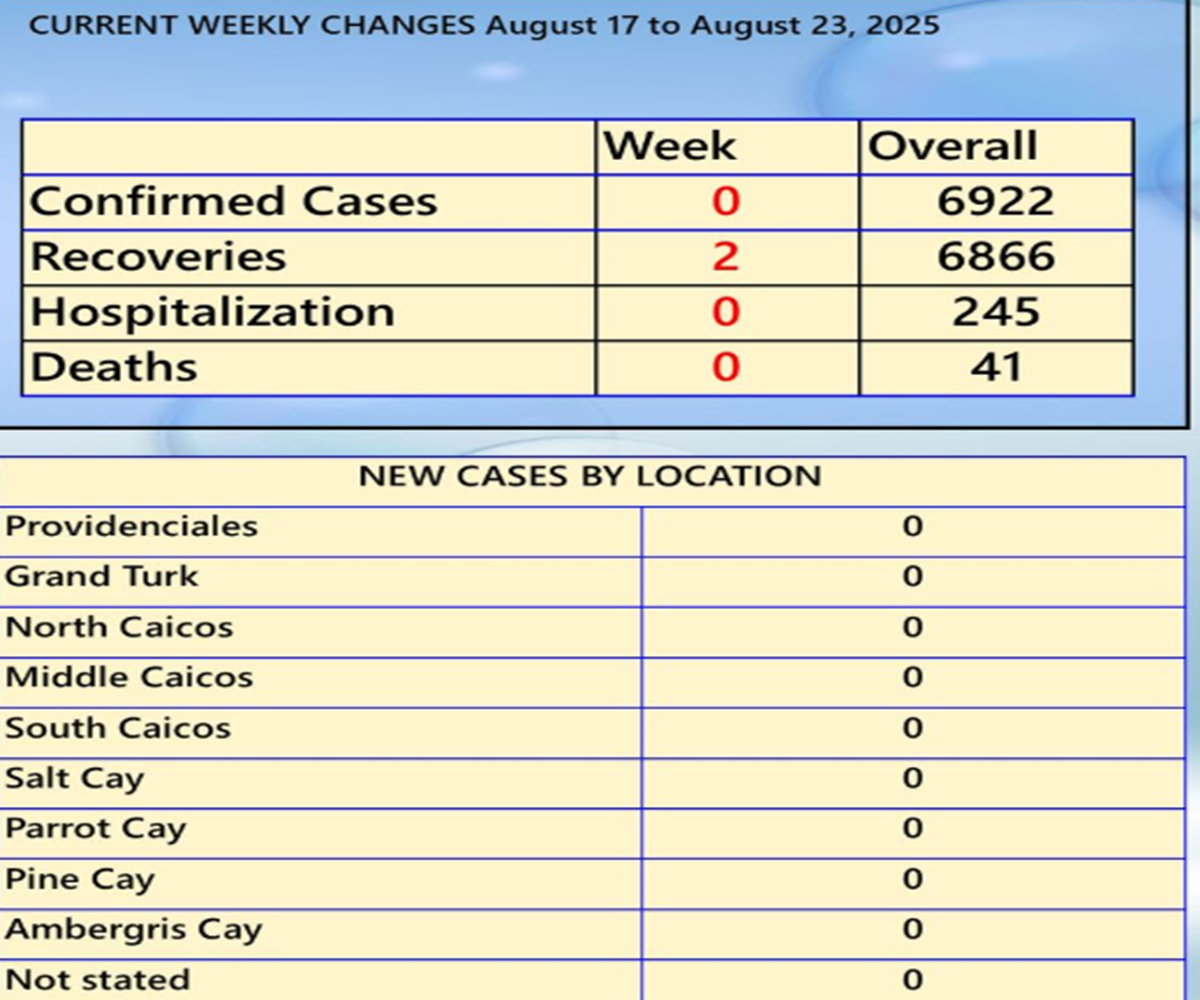By Dana Malcolm
Staff Writer
#TurksandCaicos, January 15, 2022 – As the cruising industry in Grand Turk continues to get back into full swing with an anticipated four cruises or more per week, Turks and Caicos Islanders who work in the industry will again be interacting with thousands of foreign nationals on a weekly basis.
Normally this would be a cause for celebration and it is, but with the world in the throes of the COVID-19 pandemic and especially in light of the newest variant, the rules have changed.
As researchers find more information in regards to Omicron it is becoming increasingly clear that while the variant may be slightly milder than others its transmissibility is a major treat to populations, economies and health systems everywhere.
The following are tips that will help balance TCI tourism workers’ income and their safety, or as government often puts it, “lives and livelihoods”.
Prior Preparation.
Masks have become a part of life since the beginning of the pandemic, some wear them for safety, others because they are mandated. Nearly all of us have experienced that ‘oh no’ moment when we realize we’ve left our mask behind, it’s a funny anecdote to represent our new normal in theory.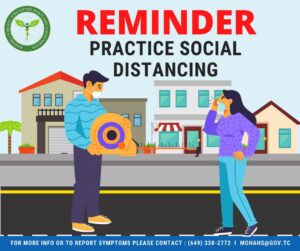
In reality it can be dangerous, life threatening even, to be without protective measures especially for vendors who interact with international visitors all day long.
This means prior preparation is key. Outfit your stall with masks and the recommended cleaning agents, have extras on hand so you never get caught without. If possible put the required distance between your own stall and your neighbors. If possible create dividers for yourself and tourists that will allow you to interact safely. Place reminders in the form of signs around your stall so guests are not tempted to flout safety measures.
In the Moment
Cruise days can be hectic, there are so many people and so little time but as you rush to make your sales or braid hair it is important to keep safety protocols in mind.
Always maintain social distancing between yourself and guests, this is especially important in high volume situations like this as guests can be asymptomatic.
If you operate a business that will not allow you to do so e.g. hair braiding, keep your mask on at all times and insist that your guests do so as well.
Limit the amount of guests allowed in your space at once.
Establish rigorous and frequent cleaning protocols, as guests move around in their excitement they may forget to sanitize. Clean surfaces regularly with the recommended products to prevent lingering traces of anything dangerous.
Aftercare
When guests have departed and it’s time to close up shop don’t skip any steps that could undo a successful day of safe practices.
Wash your money, it may seem strange but bills are made from durable paper that is not susceptible to tearing or water-wear. Washing your bills and coins gently will not hurt them but will protect you from any lingering viruses. Clean regularly touched areas and items. Get tested regularly, that way if you do get infected you will be in the know early. If you feel ill, immediately self-isolate and test to confirm if you have COVID or not. Deep clean your stall regularly, disinfecting as many areas as you can.
Covid-19 has forced us into a new normal but Turks and Caicos Islanders are resilient, it is possible to balance safety and profit, remember to wash your hands and obey all the protocols so the TCI can come out of this Pandemic with as little losses as possible.
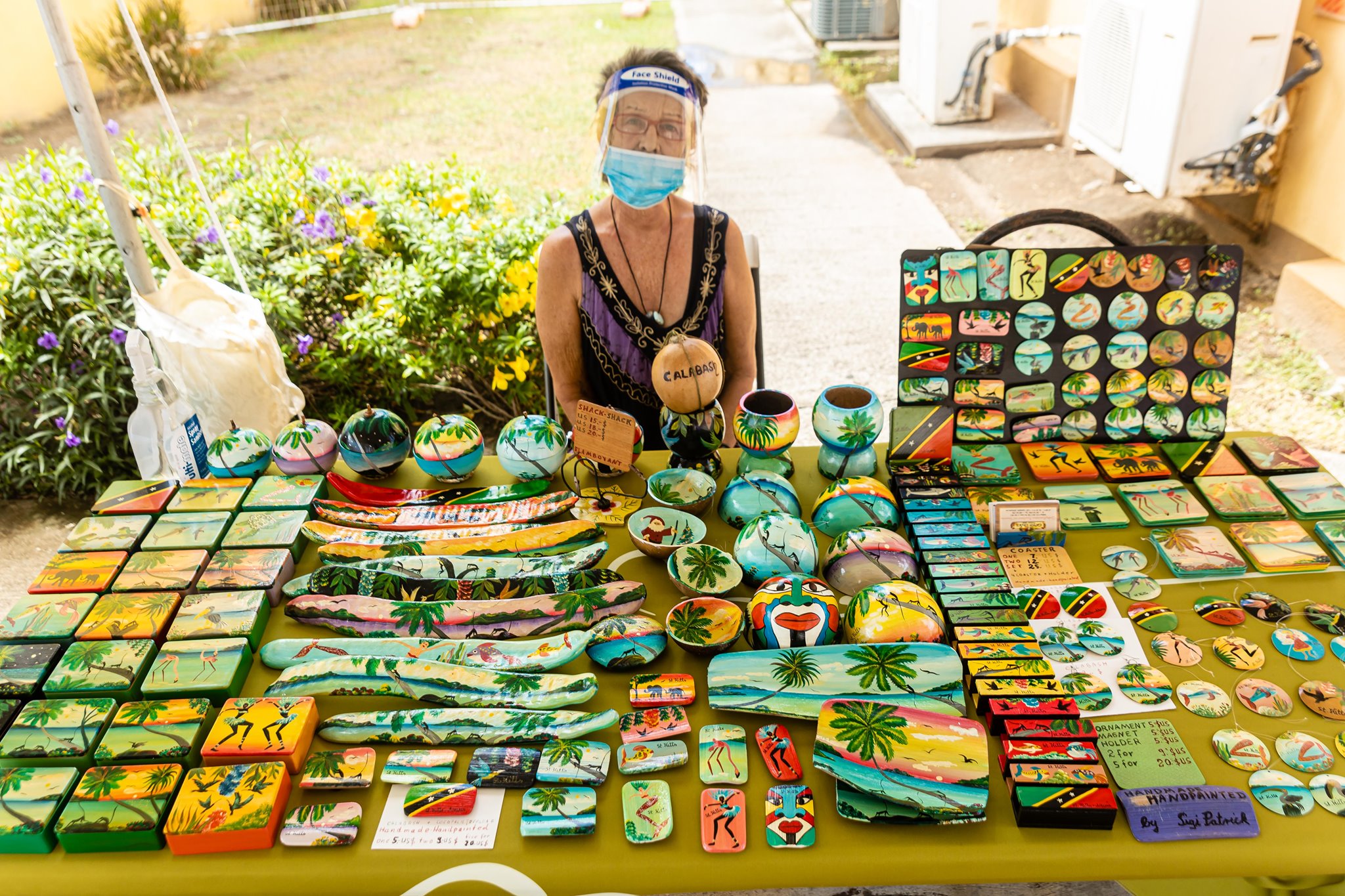
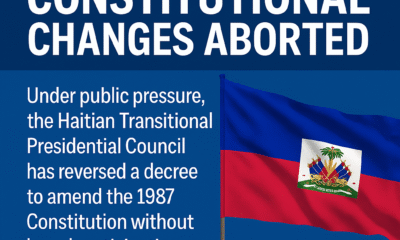
 Caribbean News1 week ago
Caribbean News1 week ago
 TCI News1 week ago
TCI News1 week ago
 TCI News1 week ago
TCI News1 week ago
 world news1 week ago
world news1 week ago
 TCI News1 week ago
TCI News1 week ago
 TCI News1 week ago
TCI News1 week ago
 TCI News1 week ago
TCI News1 week ago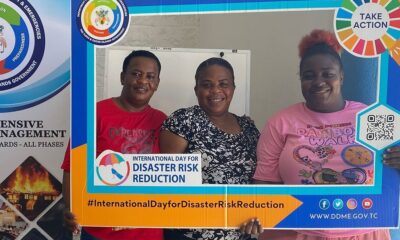
 TCI News1 week ago
TCI News1 week ago

